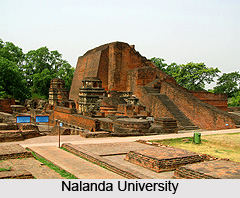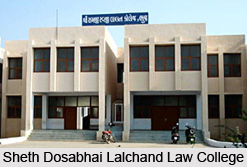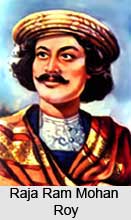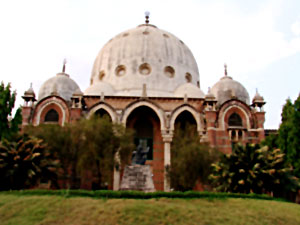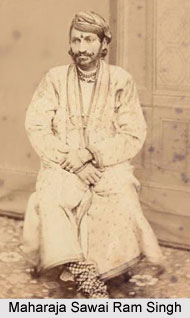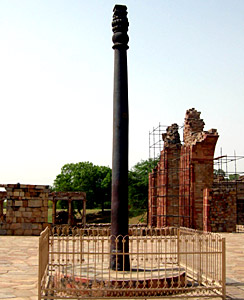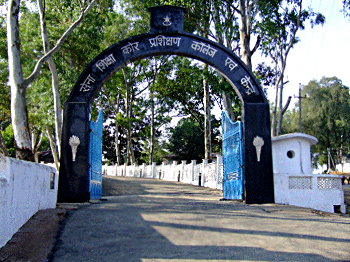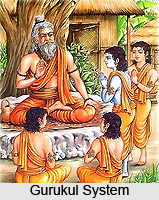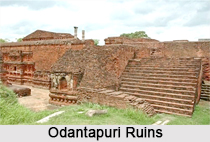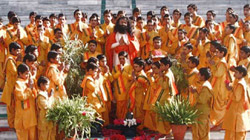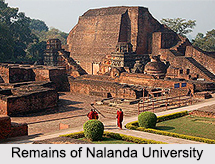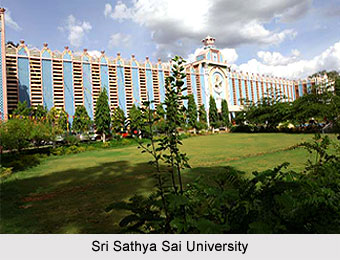 Sri Sathya Sai University is based on the gurukul system of ancient India wherein education is provided totally free from Kindergarten to Post Graduation. Sri Sathya Sai University in Prashanthi Nilayam is the only college in India to have received an "A++" rating by the National Assessment and Accreditation Council (an autonomous body established by the University Grants Commission. Sri Sathya Sai University is also called as Sri Sathya Sai Institute of Higher Learning.
Sri Sathya Sai University is based on the gurukul system of ancient India wherein education is provided totally free from Kindergarten to Post Graduation. Sri Sathya Sai University in Prashanthi Nilayam is the only college in India to have received an "A++" rating by the National Assessment and Accreditation Council (an autonomous body established by the University Grants Commission. Sri Sathya Sai University is also called as Sri Sathya Sai Institute of Higher Learning.
History of Sri Sathya Sai University
The Sri Sathya Sai Institute University was founded on November 22, 1981, by Sri Sathya Sai Baba. It is an autonomous body that has been recognized by the Ministry of Education and the University Grants Commission (UGC).
The Institute has grown out of the colleges founded earlier by Sri Sathya Sai Baba in Anantapur, Whitefield (Karnataka) and Prashanthi Nilayam (Andhra Pradesh).
Mission of the University
The university aims at imparting Integral Education, development of character being considered the primary objective of education. All aspects of the University seek to reflect the noble ideals of truth, righteousness/right conduct, peace, love and non-violence.
Courses offered through Prashanthi Nilayam Campus (for men):
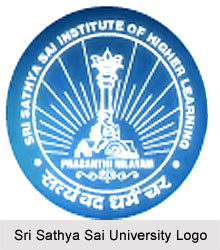 UG Courses:
UG Courses:
Bachelor of Arts (Pass) in
* Economics
* History
* Political science
* Optional English
* Bachelor of Arts (honors) in Economics
PG Courses:
* Master of Arts in Economics
* Master of Science in Mathematics with specialization in
* Decision theory
* Functional analysis & Applications
* Computer Science
* Applied Mathematics
* Pure Mathematics
* Master of Science in Physics (with specialization in)
* Electronics
* Nuclear physics
* Photonics
Master of Science in
* Nanoscience & Nanotechnology
* Chemistry
* Master of Science in Biosciences with specialization in
* Mycology & plant pathology
* Biotechnology
Professional Courses:
* Master of Business Administration
* Master of Technology in
* Computer Science
* Applied optics: Fiber optics and digital image processing
Research Programmes:
* Master of Philosophy
* Doctor of Philosophy
Courses offered through Anantapur Campus (For Women):
UG Courses:
Bachelor of Arts in
History & Indian Culture
Economics, Philosophy
Political Science
Optional English or Optional Telugu
Bachelor of Commerce (Honors)
Bachelor of Science (Honors) in
Mathematics
Physics
Chemistry
Biosciences
Bachelor of Home Science
PG Courses:
Master of Arts in
English Language & Literature
Telugu Language & Literature
Master of Science in Biosciences with specialization in:
Biotechnology
Mycology & Plant Pathology
Master of Home Science with specialization in
Food Science and Nutrition
Food Technology
Professional Course:
Bachelor of Education
Research Programme:
Master of Philosophy
Doctor of Philosophy
Courses offered through Brindavan Campus (For Men):
UG Courses:
Bachelor of Commerce (hons.)
Bachelor of Science (hons.) in
Biosciences
Chemistry
Physics
Mathematics
